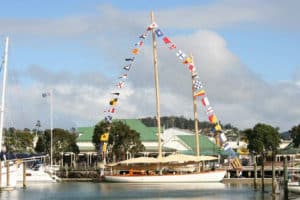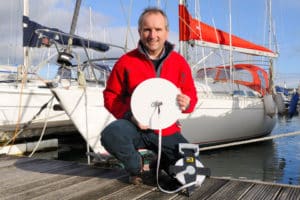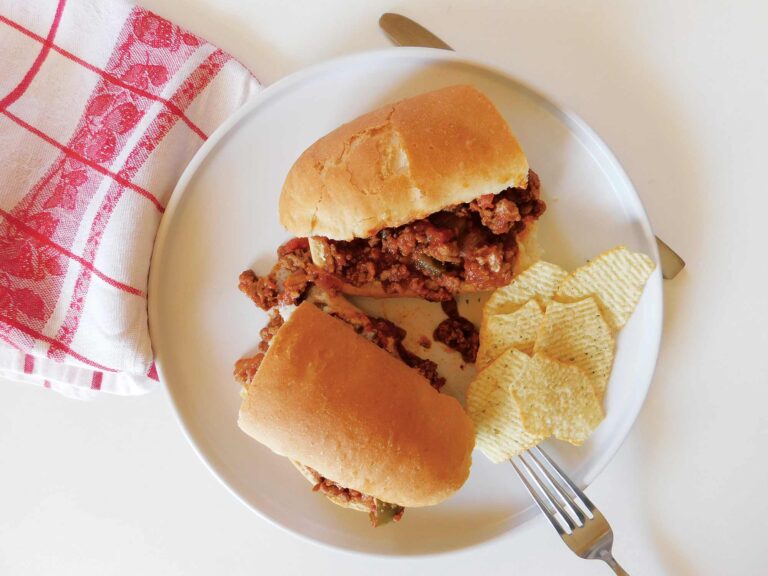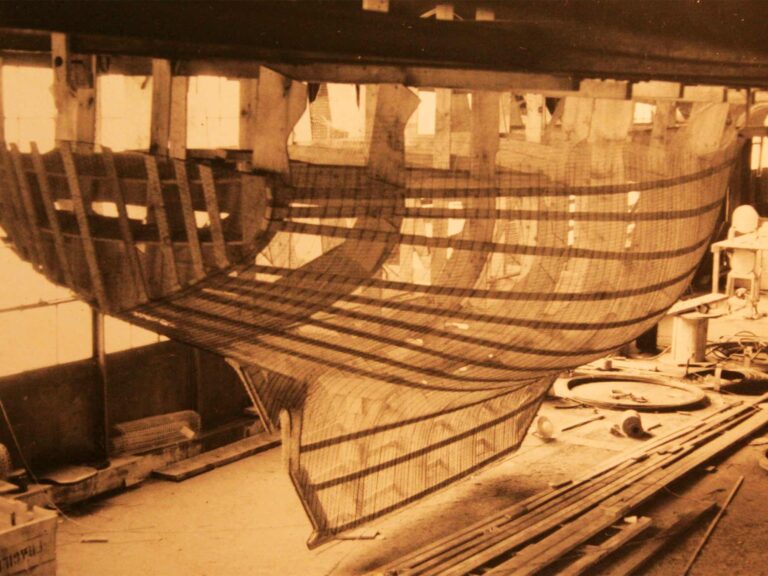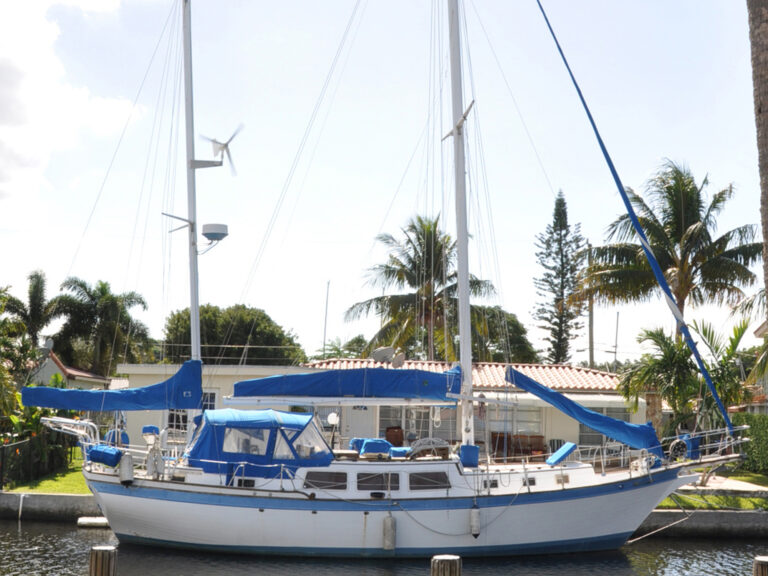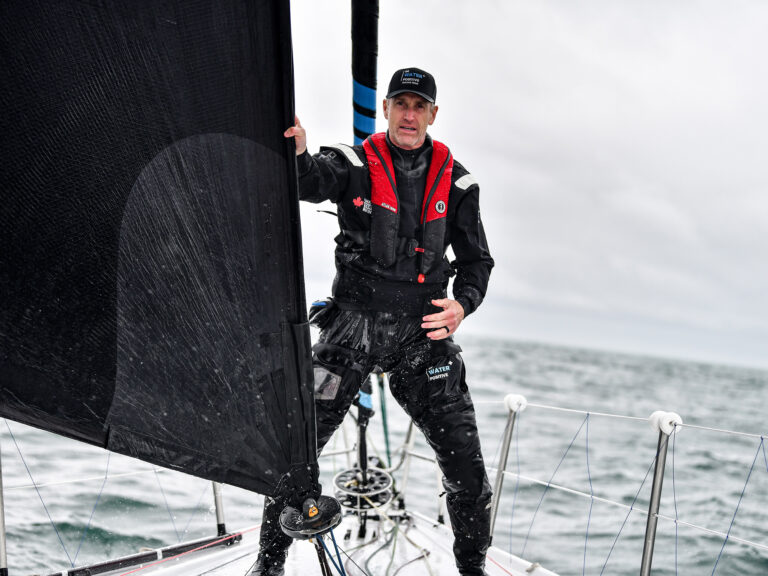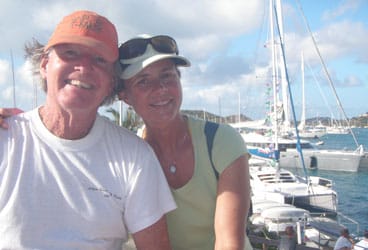
Randy West
I first laid eyes upon D. Randy West a good 25 years ago, in Plymouth, England, just before the start of the 1984 Observer Singlehanded Transatlantic Race (OSTAR). He was servicing a winch on Hugh McCoy’s powerful catamaran, Fury, which he’d just helped deliver “across the Pond.” He looked exactly like the surfer he was, and his non-stop patter about—well, everything—was infectious and hilarious. Randy West was a hard guy not to like.
Look up the word “raconteur” in the dictionary and you just might find an accompanying portrait of Randy. Over the years, as sailors so often do, we’d run into each other on a pretty regular basis, either in my home waters of New England, or his, in the Caribbean. We even logged a few miles together in this race or that, and I’m honored to say we became friends. That wasn’t exactly difficult, either. Randy is a “character” in the finest sense of the word, and his circle of pals is vast indeed.
Among his many talents—based in St. Bart, he’s been a professional sailor and yacht skipper for nearly four decades—Randy is one hell of a storyteller, and his wealth of hard-earned material, drawn from countless voyages, deliveries, races, and charters is almost as infinite as his legion of mates. For years, after hearing yet another tale of high-seas high-jinx, many of those friends—myself included—said, “Man, you’ve got to write all this down.”
Finally, he took our advice.
Actually, Randy didn’t write it all down: He narrowed his focus on the hurricanes he’d seen and weathered first hand, some on land, some at sea, from Hawaii to France (yes: France!) to Florida to the Caribbean. Even sharpening his eye on just the big blows, he found himself with 18 separate incidents to recount, which he has done with humor and aplomb in his new tome, The Hurricane Book: A Sailing Captain’s Memoirs, which is now available on amazon.com.
When I last saw him, in early March at the St. Maarten Heineken Regatta, where he was racing the 80-foot high-performance cruising catamaran,_ Fat Cat_, he presented me with a signed copy, which I’ve just finished, shaking my head and chuckling almost the entire time. Randy has a, well, distinctive way of conversion, and that singular voice comes through loud and clear in The Hurricane Book.
If there’s one recurring theme, it’s the question he began asking himself after getting thrashed for about the dozenth time: “Are these things following me around?” The answer, one must conclude, is yes.
I called Randy up the other day after finishing his book with a couple of questions. I caught him back home in St. Bart, where he was getting ready to race in the upcoming St. Bart’s Bucket aboard the 200-plus-foot superyacht, Mirabella V. Considering all he’s been through, it’s OK to feel a little bad for Randy, but not too much.
“Somebody has to do it, mon,” he said about his upcoming gig on Mirabella V. Well, yes, but not everybody gets to.
I asked Randy which was the worst storm he’d ever seen and he did not hesitate for a moment. “Luis, of course,” he said, referring to the 1995 monster that devastated St. Maarten, where Randy had tried to hide aboard his 60-foot Spronk cat, Shadowfax, in a little hurricane hole called Le Galion on the isle’s windward side. Without giving too much away, let’s just say his plan wasn’t entirely successful. Shadowfax ended up not only on the other side of the lagoon, but 120-feet inland…coming to rest on a bulldozer after hitting a house. But unlike the nearly 3,000 boats that either sank or were wrecked, Shadowfax was repaired and lived to sail another day.
“When it blows 200 miles per hour, nothing sticks…not even duct tape,” said Randy of his wild ride during Luis. “When it blows like that you’re in hell blazes. Keep your head down, son, because dogs will be flying by.”
Randy’s next—or least—favorite storm was Iniki, which he weathered on the Hawaiian island of Kauai in 1992. By the time he endured Hurricane Lenny in 1999—again aboard Shadowfax, during the strange storm that switched direction several times—he was not only seriously spooked, he seemed to have solid proof that the buggers were well and truly after his salty, sun-baked hide. That notion was underscored by Hurricane Joyce, in 2000, from which he tried to run out of Barbados but which relentlessly tracked him south. Happily, and luckily, he escaped that one, too, by the hairs of his “chinny-chin-chin.”
Surprisingly, that was his last real close call.
“But during hurricane season from June 1 until November 30, every morning I check the National Hurricane Center in Miami on the Internet and pray not to get a storm,” he writes. “I also pray for those that do. I do this because now, when I sit humbly aboard in a marina at night and the wind whistles through the rigging…it just doesn’t have that same joyful sound it used to in my youth.”
So what advice, I asked Randy the other day, would you give sailors who found themselves in the crosshairs of a hurricane at sea?
He didn’t miss a beat. “Run away, run away,” he said. “You never want no part of one. Trust me, I’ve tried ‘em all.
“Just run away,” he sang. “Run, run, run away.”

